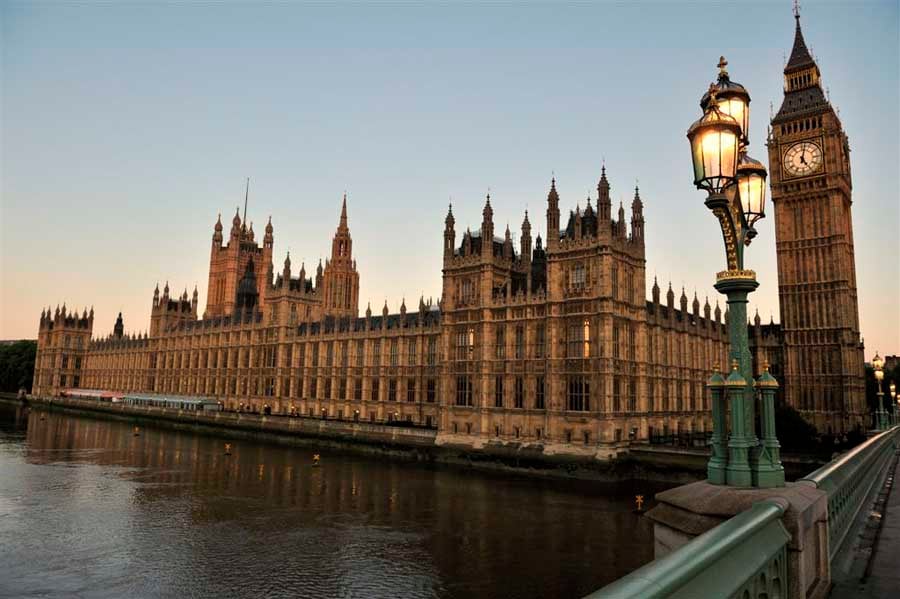
The supreme court has ruled eight to three that the government can not trigger Article 50 and start the UK's exit from the European Union without a vote in Parliament.
The government had fast tracked the appeal to the supreme court with the hope of avoiding such a vote. However ministers will now be forced to introduce emergency legislation into parliament to authorise the UK’s departure from the EU.
But whilst MPs and peers must give their consent before the government can trigger article 50 and formally initiate Brexit it will not have to gain the consent of the devolved assemblies of the UK.
A No 10 spokesperson said of the ruling: "The British people voted to leave the EU and the government will deliver on their verdict – triggering article 50, as planned, by the end of March. Today’s ruling does nothing to change that.
"It’s important to remember that parliament backed the referendum by a margin of six to one and has already indicated its support for getting on with the process of exit to the timetable we have set out.
"We respect the supreme court’s decision, and will set out our next steps to parliament shortly."
And Jeremy Corbyn has responded to the judgment too. A spokesman for the Labour leader said: "Labour respects the result of the referendum and the will of the British people and will not frustrate the process for invoking Article 50.
"However, Labour will seek to amend the article 50 bill to prevent the Conservatives using Brexit to turn Britain into a bargain basement tax haven off the coast of Europe.
"Labour will seek to build in the principles of full, tariff-free access to the single market and maintenance of workers’ rights and social and environmental protections.
"Labour is demanding a plan from the government to ensure it is accountable to parliament throughout the negotiations and a meaningful vote to ensure the final deal is given parliamentary approval."
Other political parties have also been quick to react to the decision. Alex Salmond, the Scottish National party’s foreign affairs spokesman, said the SNP will table 50 “serious and substantive” amendments to the Article 50 bill including one that would require agreement from all three devolved governments before it is triggered.
The former Scottish first minister and SNP leader said the Prime Minister "“must treat devolved administrations as equal partners – as indeed she promised to do.”
Current Scottish first minister Nicola Sturgeon has confirmed that she plans to hold a Scottish vote on Article 50 despite the ruling.
Speaking to in her column in the Record yesterday she warned: "No matter what the supreme court decides, I want to make this crystal clear: I intend to make sure the Scottish parliament has the chance to vote on triggering Article 50.
"And if the UK government doesn’t start showing Scotland some respect, I’ll make sure that people across Scotland have the chance to choose their own future, before the Tories drag us off an economic cliff edge."



